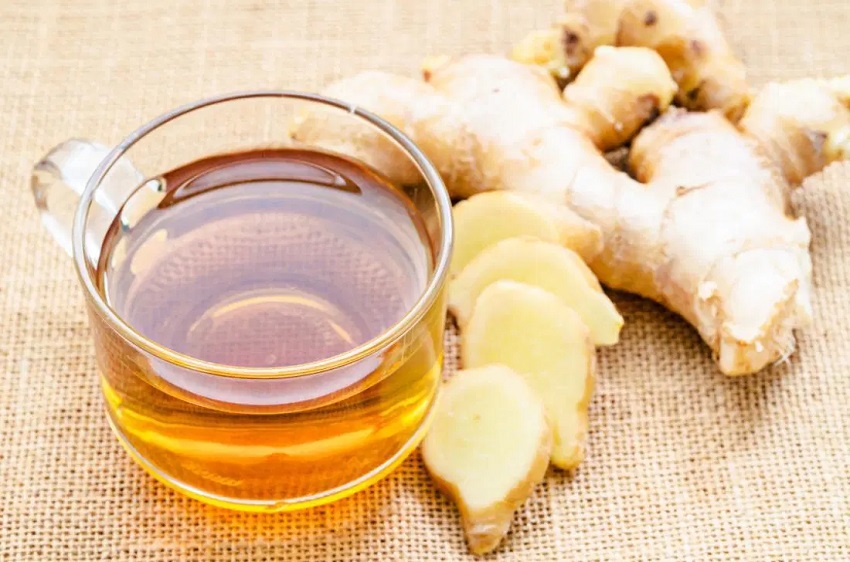Spices can do more than just enhance the flavor and zest of your favorite dishes. A lot of them also offer significant amounts of antioxidants, nutrients, minerals, and vitamins.
Particularly, ginger, which comes from a flowering root plant, offers a wide range of excellent health advantages. The spice was originally discovered in Southeast Asia and has been a mainstay of Asian, Indian, and Caribbean cuisines ever since the 9th century before any acepokies.com came into fruition.
Ginger does not appear to be a physique builder based just on appearance. When you consume ginger, you consume the root (sometimes referred to as the rhizome), which resembles a more compact sweet potato or perhaps a gnarled tree.
However, ginger is a delicious and incredibly healthy spice. The many health advantages of ginger are discussed by dietitian Candace O’Neill, RD, LDN, who also explains why it has such a potent effect, or you can click here.
Pain relief
Fresh ginger has a powerful compound called gingerol, which has antioxidant qualities and reduces inflammatory enzymes. Because of this, according to O’Neill, ginger is “helpful for inflammatory-related conditions and pain reduction, notably menstrual cramps and also arthritis-based conditions.” For instance, ginger showed promise in a clinical experiment for reducing osteoarthritis-related knee discomfort
Anti-inflammatory chemicals are also present in dried ginger, however, gingerol transforms into a less potent substance when heated. Ginger has a delayed effect, according to researchers examining its effects. People may anecdotally state, ‘You know what, I feel like I’m in less pain,’ after a few days.”
Improves blood sugar regulation
Gingerol may potentially explain ginger’s effect in maintaining blood sugar levels. This is critical for managing the long-term health implications of Type 2 diabetes. “Because ginger reduces enzymes that break down carbohydrates, it aids in glucose (sugar) metabolism,” says O’Neill.
People with Type 2 diabetes frequently do not create enough insulin, which is critical for ensuring glucose circulates throughout the body and does not accumulate in the bloodstream. Ginger has also been shown in studies to help your muscles absorb glucose without forcing you to take extra insulin.
This could result in additional positive side effects. “When you’re insulin resistant, it can make it more difficult to lose weight,” O’Neill explains. “Better blood sugar regulation may aid in weight loss and may make your body more insulin responsive.”
Reduces Nausea
When you were a kid, your parents could have given you ginger ale to soothe an upset stomach. But it’s unlikely that the ginger soothed your stomach. “Most ginger ales do not contain real ginger,” claims O’Neill. “It’s likely that the carbonation helps settle someone’s stomach.”
However, eating fresh ginger can assist with a variety of nausea symptoms, such as morning sickness, motion sickness, and the side effects of some chemotherapy regimens. “Ginger may be beneficial because it increases the rate at which food travels through your GI tract, known as gastric motility, and it blocks serotonin receptors in our gut lining,” she says. This can assist to quiet nerves that trigger your vomiting reflex.
May inhibit bacteria growth
Some studies have discovered that certain components contained in ginger (such as gingerol) may have antibacterial properties, although further research is needed to reach firm findings.

